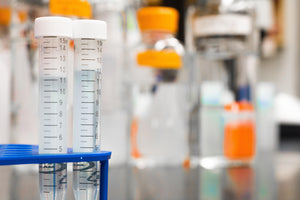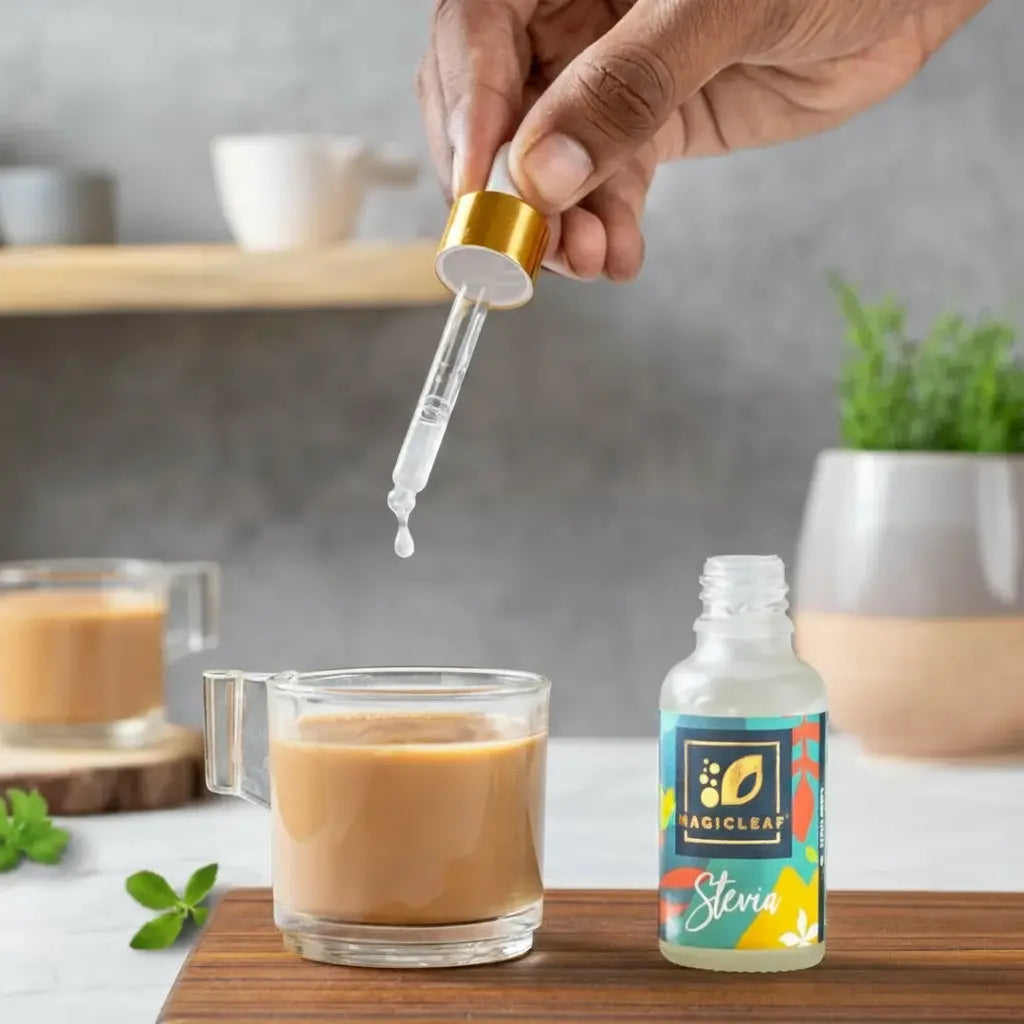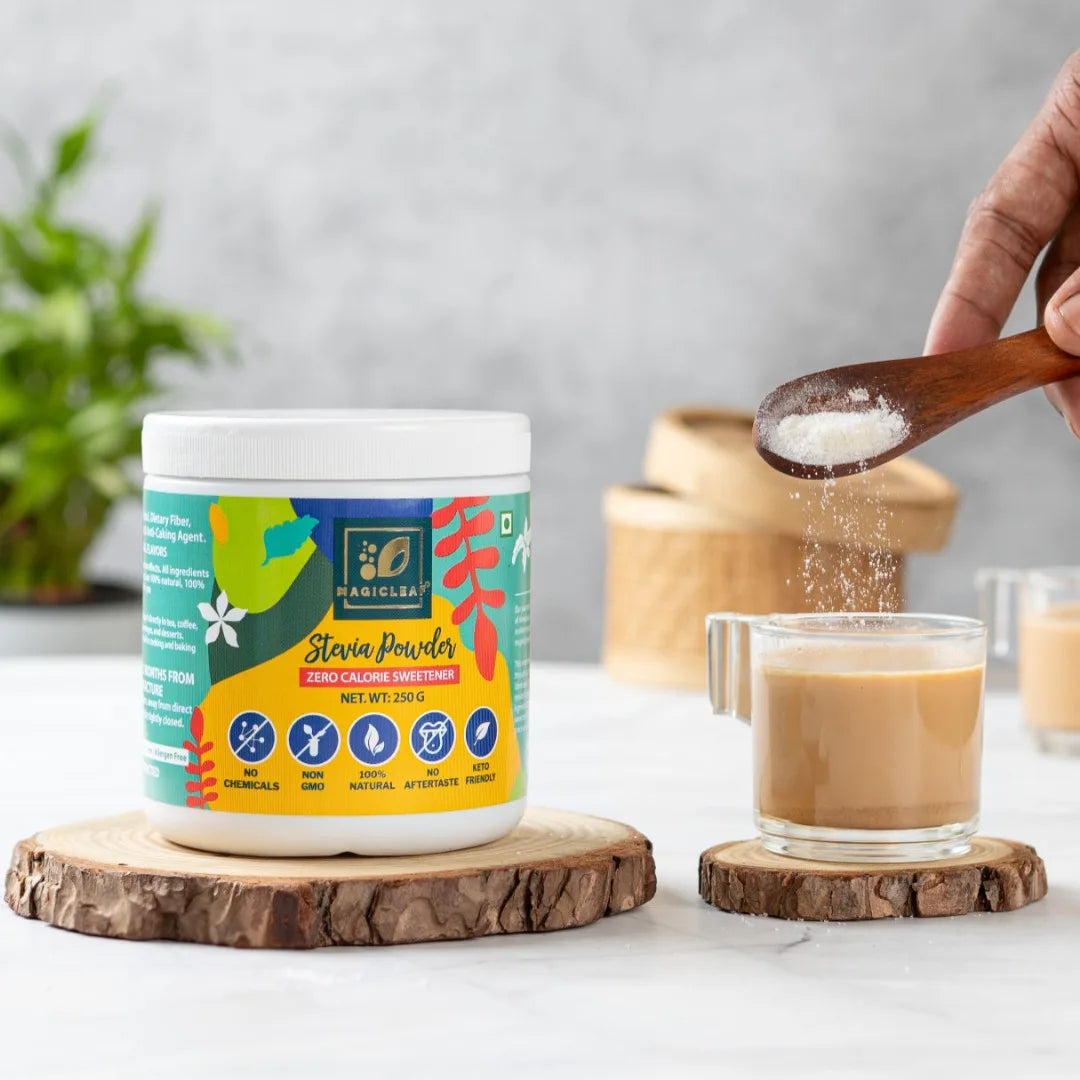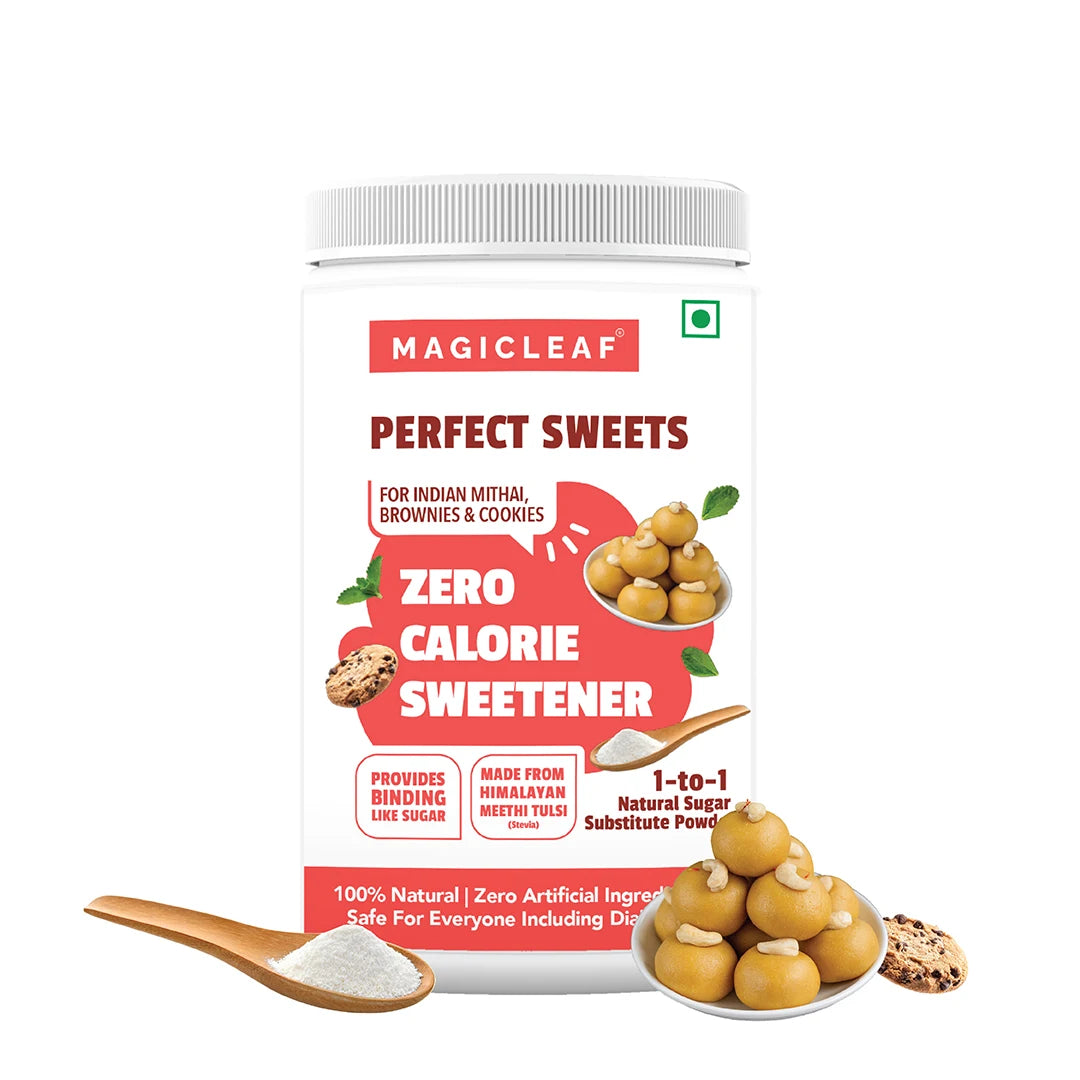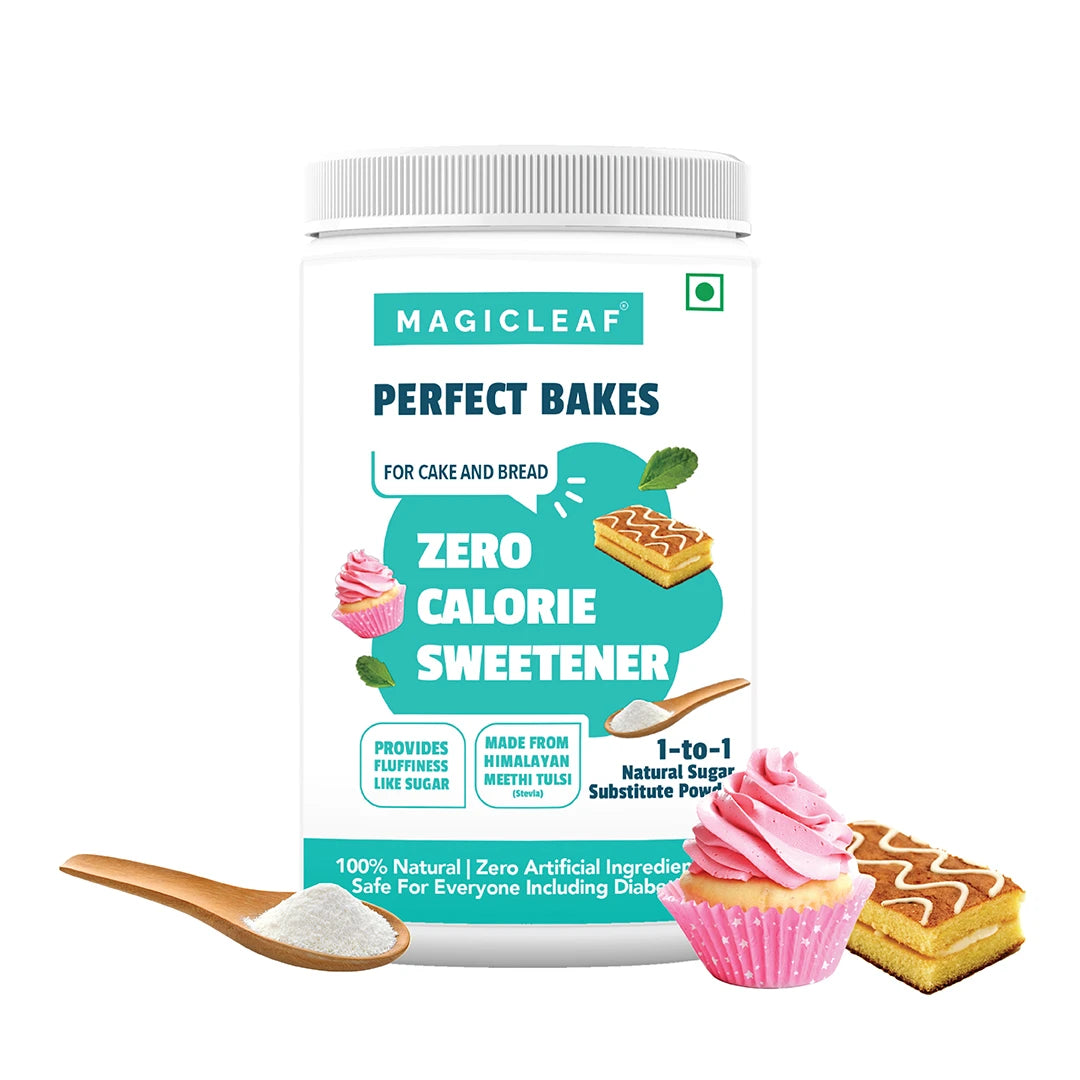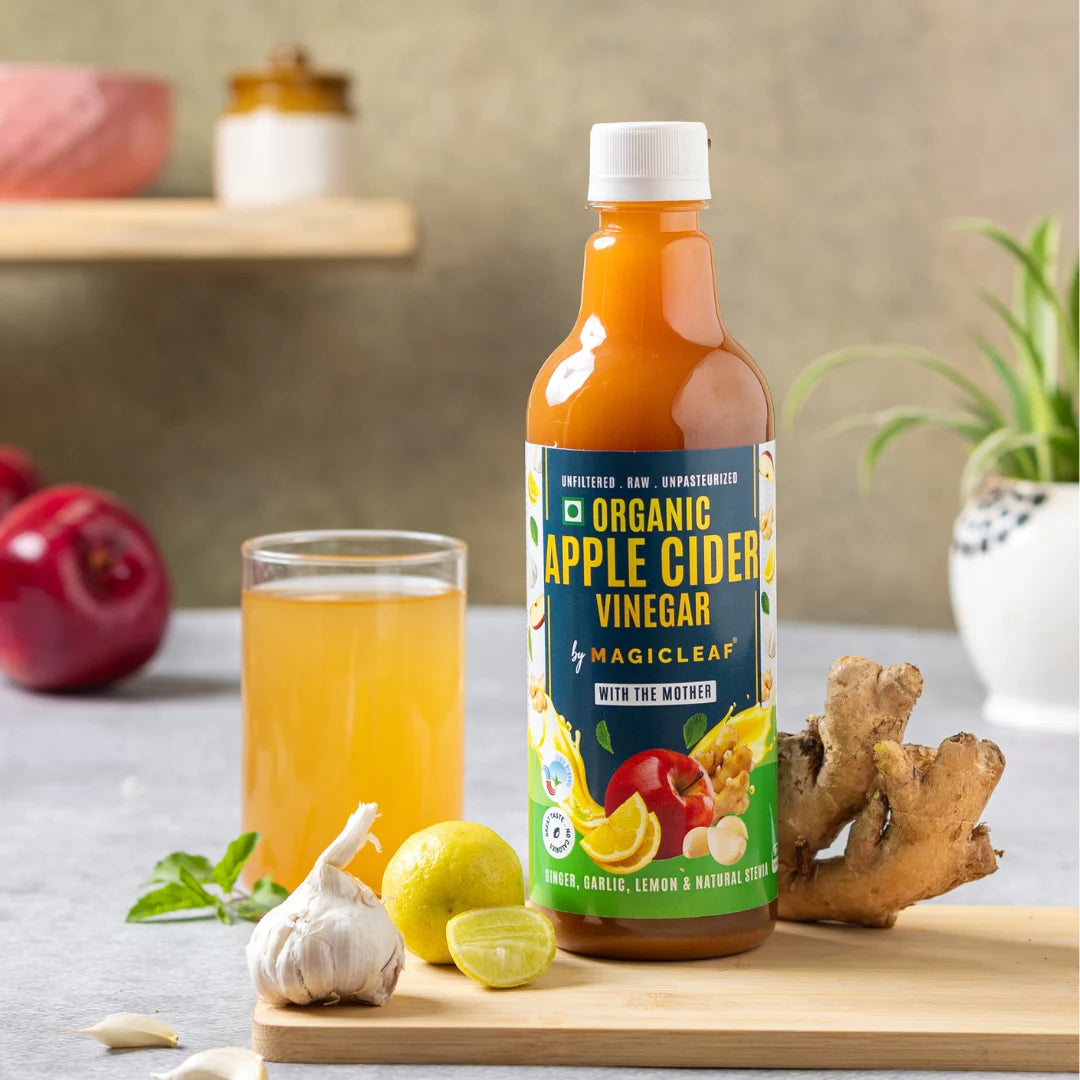We cut down sugar at one end only to increase the same at the other.
Today, you will come across one person out of every five who would proudly say that they have
reduced their sugar intake. Lately, it has been found that people are often diagnosed with diabetes
and the main reason for this is their daily sugar consumption. While most of us have a sweet tooth,
we cannot help but to have more sugars in the form of ice-creams, chocolates, cakes, pastries,
and the list is endless. On average a person consumes 20 teaspoon sugar per day, and this is
much more than your ideal share of sugars.
For most of us, who do not have any condition like diabetes, high cholesterol, obesity, need not keep
themselves away from eating and consuming sugars, but for those who are either trying to lose
weight, or are required to watch their blood sugars, too much of sugar can be a problem. To bridge
the gap, we have been handed over with some artificial sweeteners. They offer the same taste of
sweetness and yes, they are your answers for cutting down calories along with enjoying the same
sugary taste in your delicacies. While your 12-ounce aerated beverage can contain approximately
150 calories, the same amount of diet soda contains zero calories – we believe, the choice is
obvious.
The American Diabetes Association, Food and Drug Administration and the American Heart Association
(AHA) have approved certain artificial sweeteners, but with a cautious nod. These artificial
sweeteners pose a risk to the heart if consumed for a long period of time. Before we look at the
solution to the daily sugar consumption, let us have a look at the artificial sweeteners approved by
FDA:
Saccharin
This was perhaps the first synthesized artificial sweetener and it is just another form of
sugar. The only difference is that it doesn’t boost your body with a sudden rush of energy.
Saccharin eventually gets converted into glucose after consumption and thus, negates the
benefits of consuming artificial sweeteners in place of sugar.
Aspartame
This is another popular sugar substitute, but it got approved in 1981 only. Before that its
consumption was linked to cancer-causing agents in the body. This is a good sugar
substitute, but excessive usage of the same would call for neurological symptoms like
intellectual disabilities, hyperactivity, delayed social and mental skills and so on.
Sucralose
Sucralose has the least negative affect on the body post consumption. The researchers
found that this enzyme has had some negative effects on thymus, but there were no
carcinogenic, neurological or reproductive side effects.
Acesulfame potassium
Popularly knowns as E950 in Europe, Acesulfame Potassium is an artificially produced
sweetener and like other sweeteners, the impact of the same on human body remains
controversial. This sweetener is 200 times sweeter than sugar and is popularly used in
adding sweet taste in foods and drinks to make them free of calories.
D-Tagatose
D-Tagatose is 90% sweeter than sucrose. An isomer of fructose, D-Tagatose helps in
reducing the calorie intake up to a great extent. As, this too is an artificial sweetener, its
long-term usage, and the impact on human bodies in under a question.
Besides the above-mentioned artificial sweeteners, there is one more enzyme that can replace your
sugar from your diet, but naturally. Popularly known as Mithi Patti, meethi tulsi or Madhu Patra,
Stevia has been accepted by many for its incredible health benefits.
Various food agencies around the world have recognized the benefits of stevia and approved the
same to be used as a sugar substitute. Where other artificial sweeteners are unsafe for pregnant
women and children, stevia can be consumed by anyone as there are no side effects even in the long
run.
Stevia has been picked by plenty of FMCG brands to manufacture foods and beverages to make
them free from calories. Magic leaf Stevia is a 100% natural sweetener manufactured keeping in
mind that taste, quality and ease of use. Given the benefits of Stevia over other artificial sweeteners,
what would you choose for yourself?

